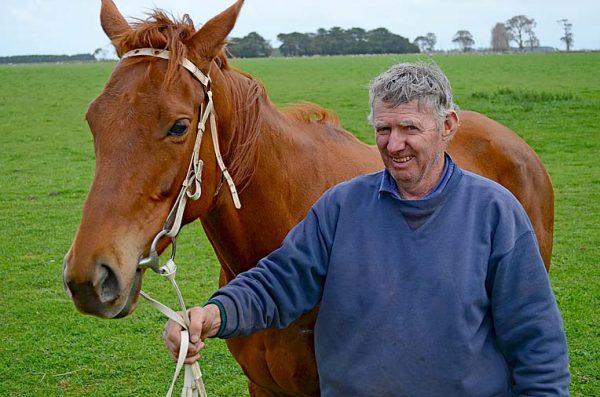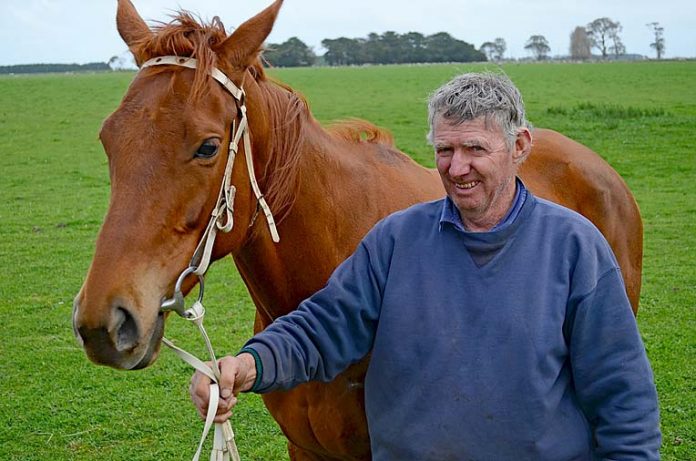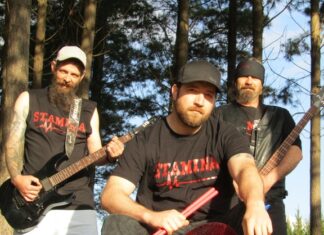
A SOUTH East jumps racehorse trainer has leapt to the defence of his beloved sport following another horse death in a hurdle race in Casterton recently.
In the second race of the meeting at the Victorian track, eight-year-old gelding Granddukeoftuscany was injured and had to be put down.
Following the incident, Coalition for the Protection of Racehorses campaign director Elio Celotto renewed her call for the sport to be banned.
“The cruel reality of jumps racing is owners and trainers are taking the lives of horses into their own hands every time they race,” Mr Celotto said.
“The refusal of the racing industry to ban jumps racing demonstrates the total lack of regard the industry has for the welfare of the horses it relies upon to exist.”
But Mingbool trainer John O’Connor refuted those claims, suggesting the industry and its people had done “a mountain” of work to make the sport as safe as possible.
“No one expects to come home with an empty horse float and nobody likes it – these animals are part of our family,” Mr O’Connor said.
“In any sport, you cannot eliminate risk, but our statistics are on the improve and our accidents have been reduced.”
Speaking from his stables on Wednesday, Mr O’Connor said the “protesters” lost sight of how well the animals were looked after.
“It is one of the reasons why no one has ever been able to pin animal cruelty against horses within stables,” he said.
“Some people are spending $120 a day on their horses – you do not even spend that amount of money on your kids.”
But Mr Celotto maintained his view the sport was inherently cruel.
“It’s nothing more than animal cruelty that sees horses exposed to a very high risk of injury,” Mr Celotto said.
“The death of one horse for gambling profits and entertainment is one too many. How many deaths are acceptable to Australia’s horse racing industry?”
Fearing for the future of the industry, Mr O’Connor questioned how far changes would go if jumps racing was banned in South Australia and Victoria.
“If they do get rid of this, what’s the next cause?” he said.
“Do they get rid of two-year-olds? Do they get rid of three day eventing? They will not stop.”
He also warned many thoroughbreds would end up at the abattoir if jumps racing was prohibited.
“There are a lot of horses retired each year from horse racing and jumps racing extends their life period,” Mr O’Connor said.
“I do not like talking about abattoirs, but I do not know what else you are going to do with these horses.”








